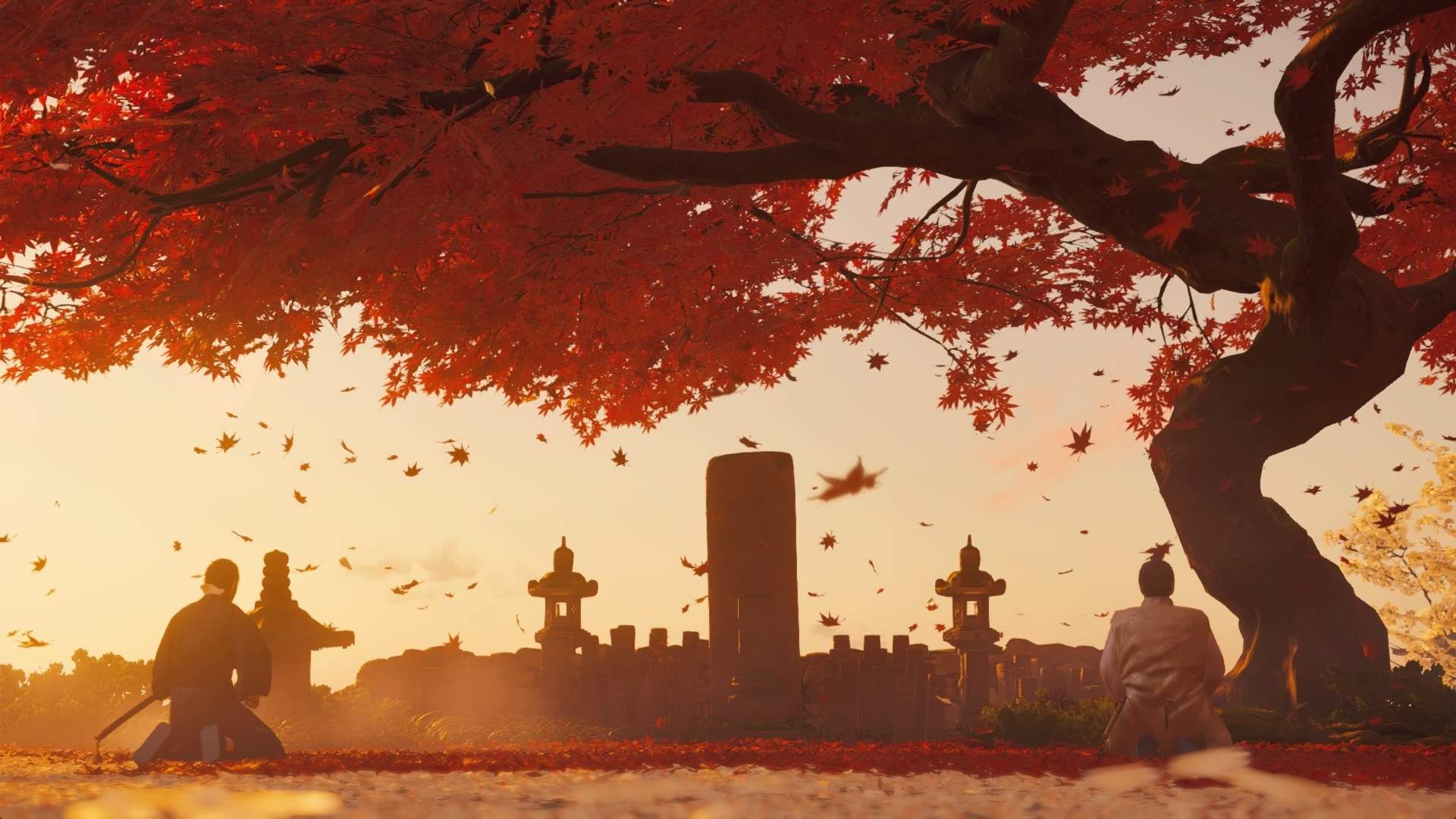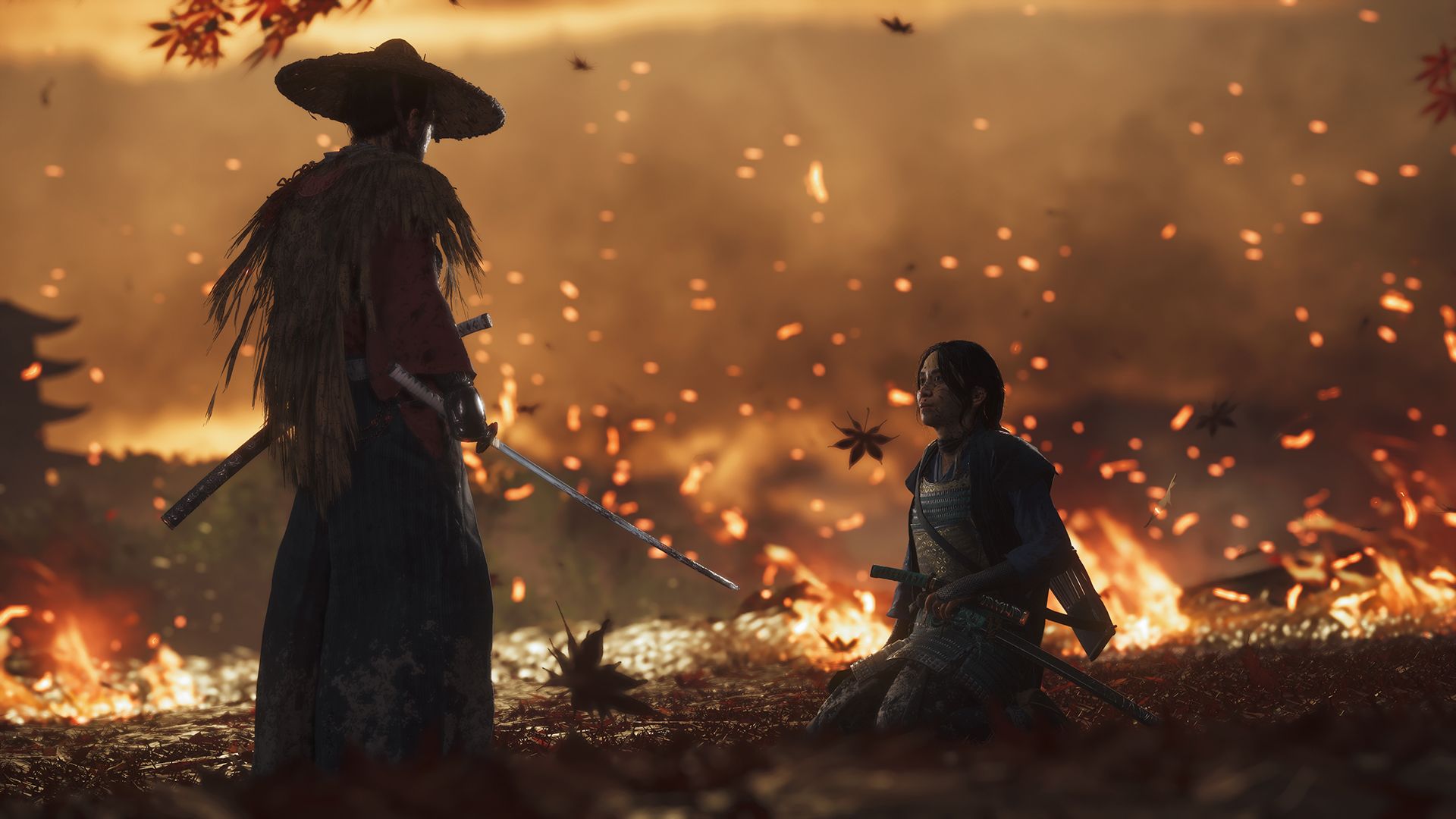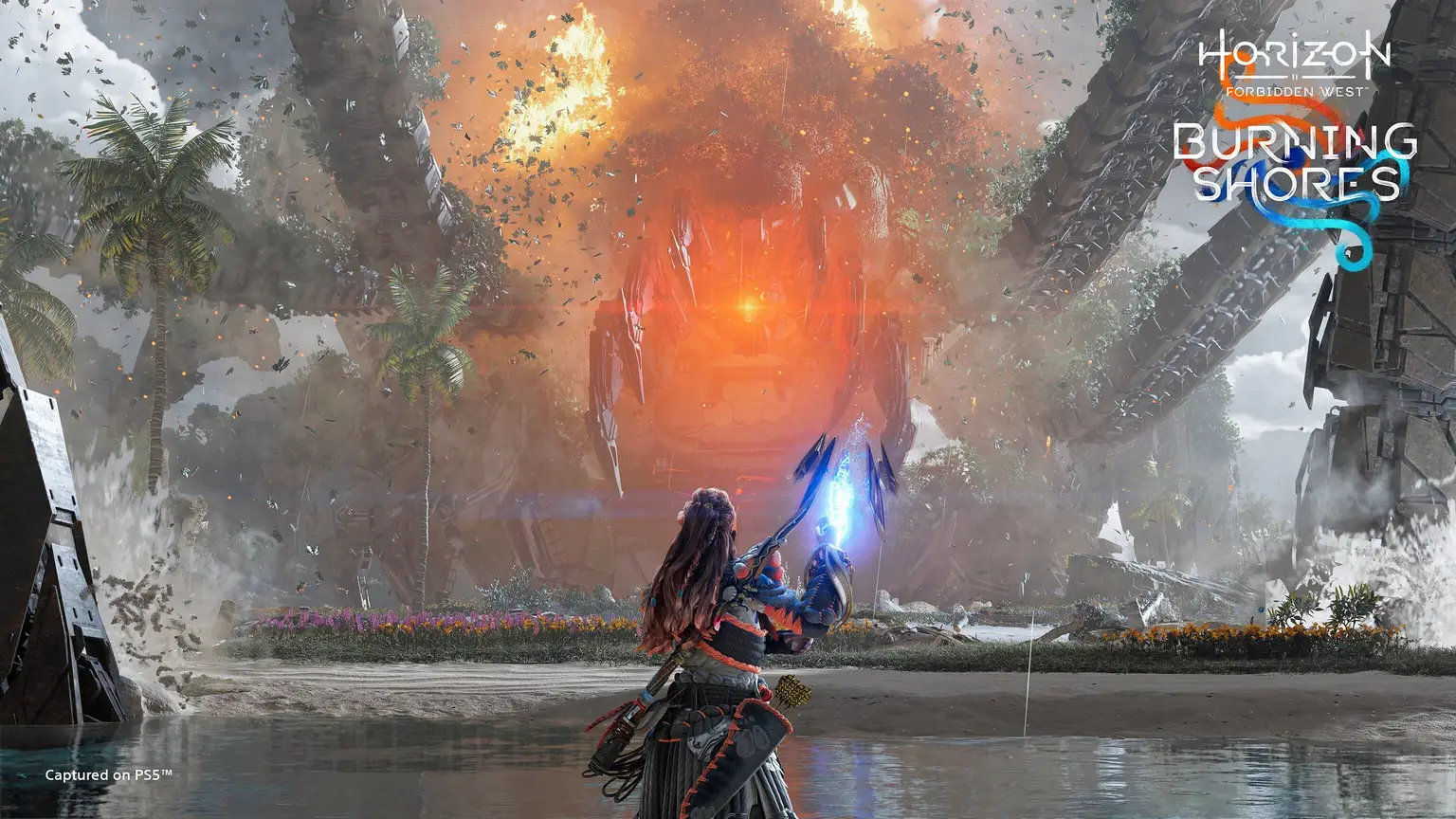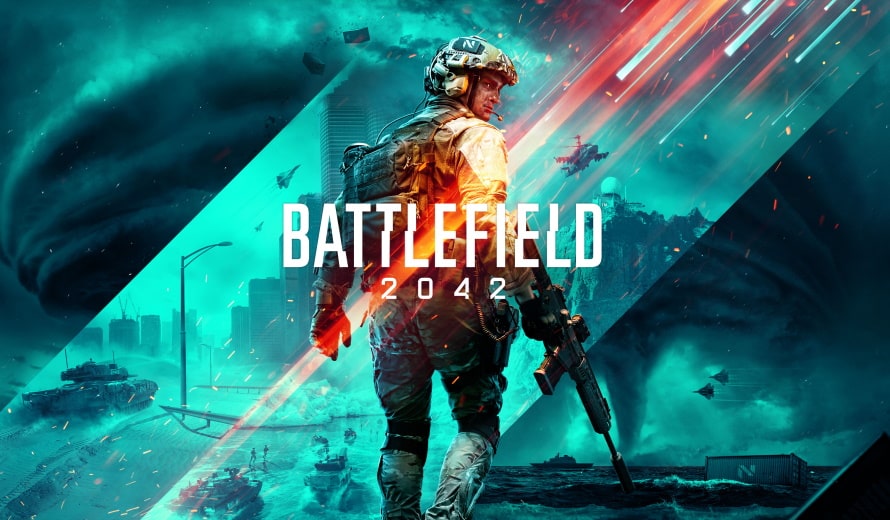
Ghost of Tsushima is obsessed with the allure of the Samurai. Jin Sakai is a man who has spent his entire life dedicated to an archaic code, a familial tradition defined by honour, war, and a stoic commitment to shedding bloods under the pretense of protecting innocent civilians. Sucker Punch Productions’ open-world adventure takes steps to deconstruct that reputation by forcing our hero to abandon his tried-and-true code and murder Mongols from the shadows, rather than stepping into the light and facing enemies head-on. It’s a commendable effort, but one that is constantly undermined by the game’s aesthetic fetishization of classic cinema and Samurai motifs that never allow its critique of a tired historical system to land with appropriate impact.
I suppose that’s the point. This is popcorn gaming at its most excessive, placing us in a foreign land viewed from a Western perspective that forgoes accuracy in favour of spectacle, and in that regard it’s a resounding success. Ghost of Tsushima is a great game – arguably one of my favourites from last year – but it’s one that fails to understand the true potential of its own storytelling and the problematic nature of Samurai and what they stood for so many centuries ago. The Iki Island expansion changes this and is a better narrative experience for it. Jin Sakai is forced to confront his past instead of being constantly beholden to it. No longer do his Samurai ways have a constant impact on his every decision – they are analysed from a new perspective, allowing him to understand the mistakes of his family and the impact they had on a nation that was trying so desperately to move forward.
Spoilers for Ghost of Tsushima: Director’s Cut ahead
Related: The Owl House Understands That Leaving Loved Ones Behind Has Consequences
The Iki Island expansion takes Jin Sakai to territory he hasn’t visited since he was a child and witnessed the murder of his warmongering father. The base game defined Jin’s parents as idyllic guardians, two figures deliberately kept ambiguous as the focus was placed on Lord Shimura, who raised our hero to become the man he is today. The whole narrative is a moral examination of leaving the Samurai path behind, with this decision echoing through the entire campaign before culminating in a heartbreaking showdown with the man who helped shape your place in this world. It’s a poignant moment – choosing whether to let my uncle live or die was a decision I spent several minutes ruminating upon.

Shimura is a man so married to the life of Samurai that he is willing to murder his own nephew to maintain a sense of honour, to convince himself that the life of a warrior outweighs an existence based on love, compassion, and honesty. In a way, he is too far gone, so sparing him is enabling this broken system to continue unabated – so I put a stop to it.
As the credits roll, Jin is reborn as a new person, and the story that awaits on Iki Island feels like a direct continuation of that journey. Whether you killed or spared him, your uncle is now a figment of the past, and Jin needs to confront additional demons that continue to cling to his subconscious. Upon arriving on this new island you are immediately ambushed by The Eagle, a mysterious shaman who infects you with a poison that forces you to confront visions of your past. Her place in this story doesn’t matter – she’s a vessel for Jin’s character development and nothing more. The real meat of the narrative comes in memories spread throughout the island, small windows into the past that see you taking control of our protagonist as a teenager. Many years ago, Jin’s father ruled over Iki Island, storming the humble isle and murdering its inhabitants purely to cement himself as superior. To him, it was a necessary measure as a warlord, to extend his territory and prove to the populace that Samurai sit high above them on the hierarchy. As a child, Jin views this as the right path forward. Why wouldn’t he? It’s his father teaching him how the world apparently works.

These visions of honour and bloodshed are juxtaposed beautifully with the rebels who still call the island home, many of whom were children much like Jin when his father tore this island to pieces. Jin hides his identity upon meeting them, concerned that being a Samurai on this island would only result in further drama. They already know who he is, but decide to help Jin on his mission, and vice versa, because that’s what good people do. Who you are and where you came from doesn’t matter as long as you’re willing to change, accept past mistakes, and work towards becoming a better person. It doesn’t take long for Jin to stumble upon the man who murdered his father. Familiar phrases in conversation awaken suppressed memories as Jin almost kills him, although our hero pulls his blade away from the man’s throat before it can draw blood. Even now, he’s a better man than his father ever was, because he recognises the needs of everyday citizens and the concept of forgiveness more than his father ever could. Your past shouldn’t define you, and Tsushima finally understands that mantra.
While Jin’s father is a symbol of hateful fascism throughout Iki Island, his mother is one of gentle salvation. Sadly, her memories aren’t as comprehensive. They are viewed through the animal sanctuaries dotted across the new island, where Jin vocally reminisces about his late mother while playing his flute. Having died of illness, every word about his mother is lined with an aura of softness, a bittersweet mourning of a woman who was the antithesis of a father who wanted to shape Jin into a warrior. She passed away when Jin was young, with his father stating, “I didn’t know how to raise a son, so I raised a Samurai,” admitting he lacked the emotional compassion to raise a boy who didn’t see the world as something to be conquered. We feel sorry for him, yet remain aware of the mistakes he made and how finally confronting his death is necessary for Jin to envision the man he doesn’t want to be.

Jin spares his father’s killer, vowing not to repeat his father’s mistakes and to live a life that isn’t dictated by archaic traditions and the necessity of war. While the Samurai are illustrious warriors to be admired when it comes to bravery, skill in combat, and what they supposedly represent, they were also occasionally warlords who recognised the influence they had on those who sat beneath them. Jin’s father weaponised his position, so much so that it resulted in his own untimely death. I’m not sure he deserved to die, but he needed to be taught a lesson so future generations could acknowledge his mistakes and vow not to repeat them.
Ghost of Tsushima’s story still isn’t perfect, with its Western perspective preventing Japanese history and problematic figures and systems from being analysed beyond a surface level engagement. Yet there is a genuine effort being made here to tell a story that isn’t just a fetishisation of the era rife with historical inaccuracies. It’s hoping to explore the ethical quandaries of the Samurai, and through Jin Sakai, it is working towards crafting a hero who actually has something to say. Here’s hoping the inevitable sequel doesn’t throw it all away.
Next: Boyfriend Dungeon Understands The Importance Of Exploring Sexuality




